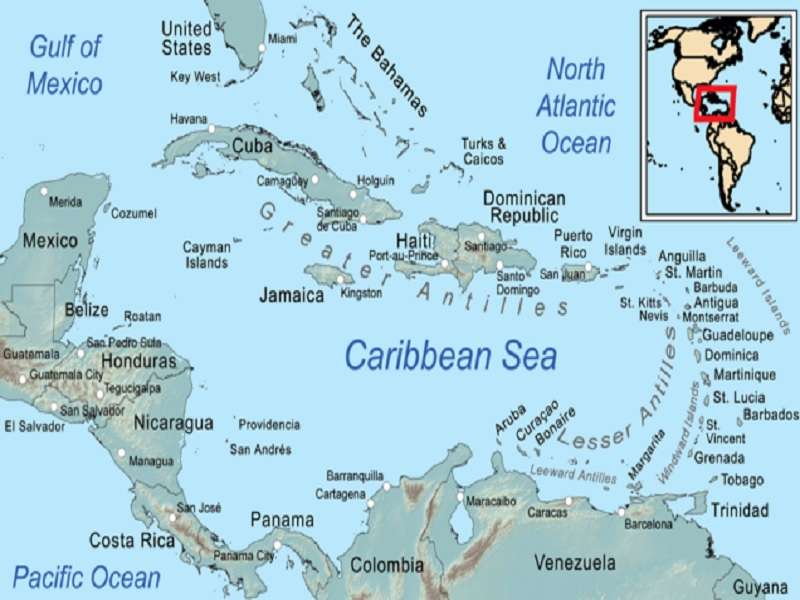US officials claimed last week that Russia is sending several warships and aircraft to the Caribbean, where they’re expected to visit Cuba and Venezuela once they arrive sometime soon, which Havana then confirmed. This coincided with the further worsening of Russian-US ties amidst the latter’s dangerous game of nuclear chicken in Ukraine and came as President Putin cryptically warned that his country could arm the US’ enemies just like they’re arming Russia’s.
This context might have prompted some observers to remember that Deputy Chairman of the Duma’s Defense Committee and leader of the Rodina party Alexei Zhuravlev told local media in late January that Russia should base nuclear missiles and associated submarines in Cuba, Nicaragua, and Venezuela. It was advised at the time here not to read too deeply into his suggestion since it was likely only shared for the sake of media hype and could backfire on Russia’s partners if it provokes a sharp uptick in US meddling.
Likewise, observers also shouldn’t read too deeply into Russia’s upcoming naval visit to the Caribbean either since this appears to be nothing but a symbolic move aimed at showing the West that Russia can position forces on their borders too and that it’s not “isolated” like their media claims. It’s important to note that the unnamed US officials downplayed this development by claiming that they don’t regard it as a threat, which is true, but they might also have ulterior motives for saying so.
Some might have expected that they’d exploit this move to maximally fearmonger about Russia ahead of the November elections, but the argument can be made that drawing attention to this would play into Moscow’s hands by enabling it to more compellingly make the abovementioned points to the US public. For that reason, while the US is downplaying this visit (at least for the time being), publicly financed Russian international media and sympathetic independent media will probably hype it up.
Getting Americans to feel what it’s like to have a nuclear-armed adversary in their backyard might convince more of them that their government should take tangible steps towards freezing the Ukrainian Conflict before tensions spiral out of control. In what many expect to be a close election, this could make all the difference over who wins, though President Putin already said that the outcome doesn’t matter for Russia.
Even so, there are certainly some policymakers here who despise Biden for what he’s done to Russia through Ukraine, and they might want their media to amplify the messages being sent by these upcoming drills to give Trump an edge as revenge for the incumbent’s warmongering. There’s also the possibility, however faint it might appear at present, that Russia considers selling its Caribbean partners missiles that could hit the US or “leaks” this scenario to its media to spread to Americans.
All told, the real significance of this upcoming visit is to make American policymakers and the public uneasy, not to prepare for attacking the US or bolstering its regional partners’ capability to do so. The unnamed officials who talked to the media about this understand Russia’s goal very well and that’s why they downplayed this visit’s military importance, but it’s precisely for this reason that Russian media and sympathetic independent outlets might make this trip out to be something that it isn’t.
